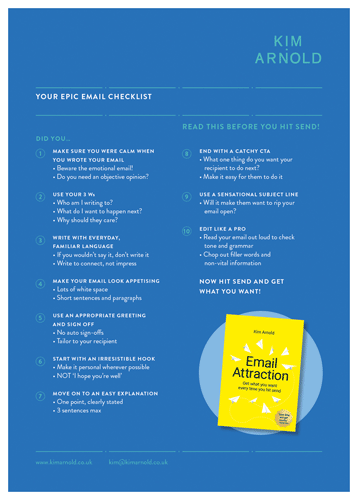My most hated chore is cleaning our goldfish’s tank.
Bubbles the Undying, as he is known, (9 years old and counting) gets the full-service treatment.
I scrape slimy algae off the sides of his tank and then drain the fetid water from the bottom.
It’s pretty gross.
I’ll avoid it for weeks, sometimes months, before I finally crack.
You probably have tasks you put off too, right?
Maybe it’s doing your tax return or washing your bins…
But there are other types of tasks we procrastinate with too.
Tasks that don’t seem, at least on the surface, to be so bad. Things like phoning a friend or writing a report.
But instead of tackling them, we waste time watching videos of cats falling off shelves or find the urgent need to rearrange our sock drawer.
We just can’t seem to get these tasks done.
But there’s good news. It turns out that procrastination has nothing to do with being lazy.
Phew!
According to Dr. Tim Pychyl, professor of psychology and member of the Procrastination Research Group at Carleton University in Ottawa:
“Procrastination is an emotion regulation problem, not a time management problem.”
He says that by procrastinating we’re just trying to avoid stress.
That’s because there’s often a deeper emotion attached to tasks we delay – for example we might put off calling that friend because they’re so successful and make us feel insecure.
Or we postpone writing that report because we’re secretly afraid we’re not knowledgeable enough to do it justice.
Understanding the root cause of procrastination can help spur you, and other people, into action.
So, if someone hasn’t got back to you or isn’t doing what you’ve requested, ask yourself:
- Did I make the task sound easy and/or appealing? If not, is there anything I can do to change that – maybe reducing the size of the task or breaking it down into chunks?
- Could my recipient have a deeper emotion attached to the task? Is there anything I can do to help them overcome that barrier, like building their self-esteem or reducing areas of anxiety?
It’s likely they’re not being lazy. They’re just stressed. And you can be the one to help.


